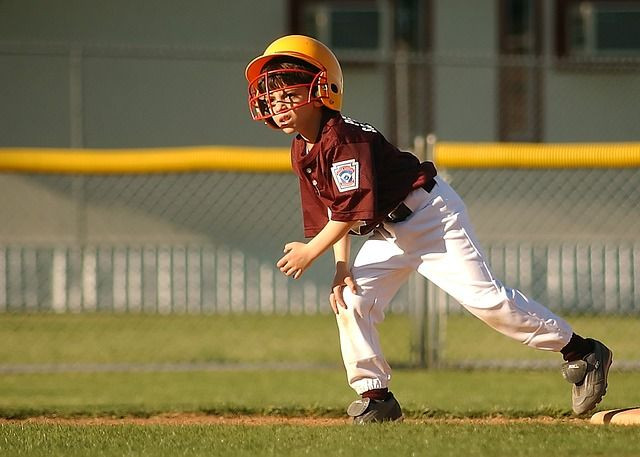Concussion Treatment: How To Help Your Child

A new survey released Monday from the University of California, Los Angeles (UCLA) reveals that many parents are in the dark when it comes to taking care of a child with a lingering concussion.
Researchers polled a nationwide sample of 569 parents about the steps they’d take to protect a child who’s been suffering concussion symptoms for longer than a week. Fully 77 percent said that they would periodically wake their children up in the middle of the night; 84 percent said they would forbid any sort of physical activity; and 64 percent would take away their electronic devices. Despite the commonly held beliefs underlying these actions — that letting someone with a concussion sleep is dangerous because they could fall into a coma — the researchers noted that in many cases, they would increase the risk of their children developing more serious complications such as post-concussion syndrome.
“This survey really illustrates just how far the pendulum has swung in terms of caring for children with concussions,” said Dr. Christopher Giza, a pediatric neurologist and director of the UCLA Steve Tisch BrainSPORT Program, in a statement. “In the past, there was often a tendency to downplay the significance of concussions. Now some parents go too far the other direction and, despite their best intentions, they can inadvertently complicate their child’s recovery.”
While sleeping can be dangerous for someone immediately after a concussion, especially if they’re having trouble communicating, moving, or are vomiting, that risk drops off sharply as time goes on. Indeed, research has shown that more sleep following an injury helps the brain recover that much faster. Making your child stay up all night may also interfere with their doctor’s ability to accurately measure their recovery.
“We certainly want a doctor to evaluate the child immediately after injury, but if you’re still waking a child up throughout the night more than a week later, you’re doing more harm than good,” said Giza. “Once a professional has diagnosed your child and determined that there is no further risk, let them sleep.”
And keeping children isolated at home or otherwise inactive can also be detrimental to their recovery, he added.
“We certainly don’t want them to go back to playing contact sports right away, but gentle aerobic exercise like walking the dog, easy hiking or riding a stationary bicycle is actually good for them,” Giza said. “Being active can help children improve their mood, take their mind off their symptoms and restore a sense of normalcy.”
While a growing base of evidence has shown that concussions can have long-term health impacts, Giza and his UCLA colleagues hope their findings can highlight the importance of balancing out the immediate medical needs of concussed children with letting them live their ordinary lives. Especially in light of recent research referenced by Giza showing that children who were quickly eased back into their regular routine were less likely to report ongoing symptoms than those told to rest at home for five straight days.
“The idea is to give them that initial rest and protect them from contact risk, but then start easing them back into intellectual, physical and social activity,” he concluded. “Those things are all important in the healing process and shouldn’t be overlooked.”
Source: UCLA Health. 2016.



























